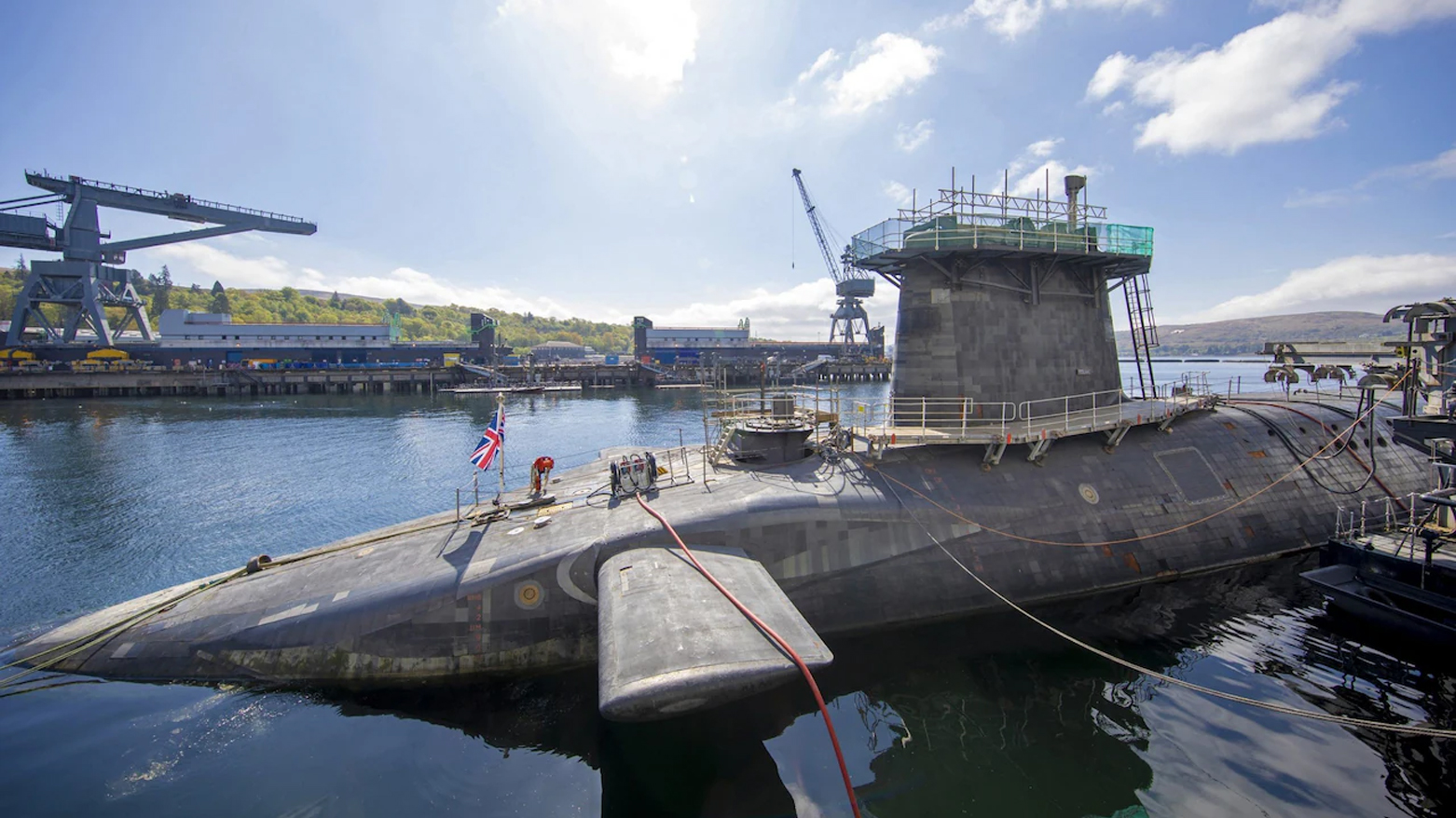UK Uncovers Russian Spy Sensors Hidden in Coastal Water
In the words of a senior British official: “This is a world clouded in secrecy and subterfuge. It’s like the space race, but beneath the ocean surface.

By Ahora Qadi
ERBIL (Kurdistan 24) – British defense officials have uncovered Russian surveillance sensors clandestinely planted in UK territorial waters, in what is being assessed as a deliberate attempt by Moscow to spy on Britain’s strategic nuclear submarine fleet. The revelation marks a dramatic escalation in underwater intelligence warfare and raises serious alarms over national security vulnerabilities.
According to a report published by The Sunday Times, the Russian-made devices—some of which washed ashore—were discovered by the Royal Navy and are believed to have been covertly deployed to monitor Britain’s four Vanguard-class submarines. These vessels form the cornerstone of the United Kingdom’s continuous-at-sea nuclear deterrent and routinely operate undetected in global waters.
Military sources indicate that the sensors could be part of a broader effort by Moscow to harvest acoustic signatures, positional data, and other classified information on Britain’s nuclear capabilities. Defense analysts describe the find as a direct threat to the country’s national defense posture.
Resurgence of Cold War-Era Espionage
While the UK Ministry of Defense has not publicly confirmed the full scope of the discovery, a senior British military official warned, “There should be no doubt: a covert war is raging in the Atlantic. This is a high-stakes game of cat and mouse that never ended with the Cold War—it’s now accelerating.”
The UK-led Joint Expeditionary Force was previously activated after a critical undersea internet cable between Estonia and Finland was damaged in December. The “Nordic Warden” AI surveillance system, designed to track Russia’s shadow fleet, detected increased submarine activity near the site of the disruption.
Russia’s Seabed Espionage Network
Moscow's underwater reconnaissance efforts are primarily directed by the Main Directorate for Deep-Sea Research (GUGI), a secretive unit long suspected of orchestrating espionage operations across the Atlantic. Its flagship vessel, the Yantar, sparked international concern last year when it was observed loitering near UK shores under the guise of “oceanographic research.”
Military insiders assert that Russia's fleet of deep-sea submarines is more technologically advanced than those of many NATO members, giving it a strategic edge in seabed warfare, sabotage, and covert surveillance. In the past 15 months alone, at least 11 undersea cables in the Baltic Sea have sustained unexplained damage—many believed to be the result of deliberate acts involving ship-dragged anchors.
“You really need to keep the engine power on to drag—that’s not an accident,” said a UK defense insider, alluding to deliberate Russian interference.
UK Responds with Advanced Countermeasures
The UK Ministry of Defense has pledged to intensify surveillance of its underwater infrastructure in cooperation with NATO and allied forces. “We are committed to enhancing the security of critical offshore infrastructure,” a MoD spokesperson stated.
“Alongside our NATO and Joint Expeditionary Force allies, we are strengthening our response to ensure that Russian ships and aircraft cannot operate in secrecy near the UK or NATO territory. We are harnessing emerging technologies such as AI and increasing coordinated patrols.”
British officials insist that the country’s nuclear deterrent remains fully operational and undetected. “Our continuous-at-sea nuclear deterrent continues to patrol the world’s oceans as it has done for 56 years,” the statement added.
In the words of a senior British official: “This is a world clouded in secrecy and subterfuge. It’s like the space race, but beneath the ocean surface. There’s enough smoke to suggest something is on fire somewhere.”
